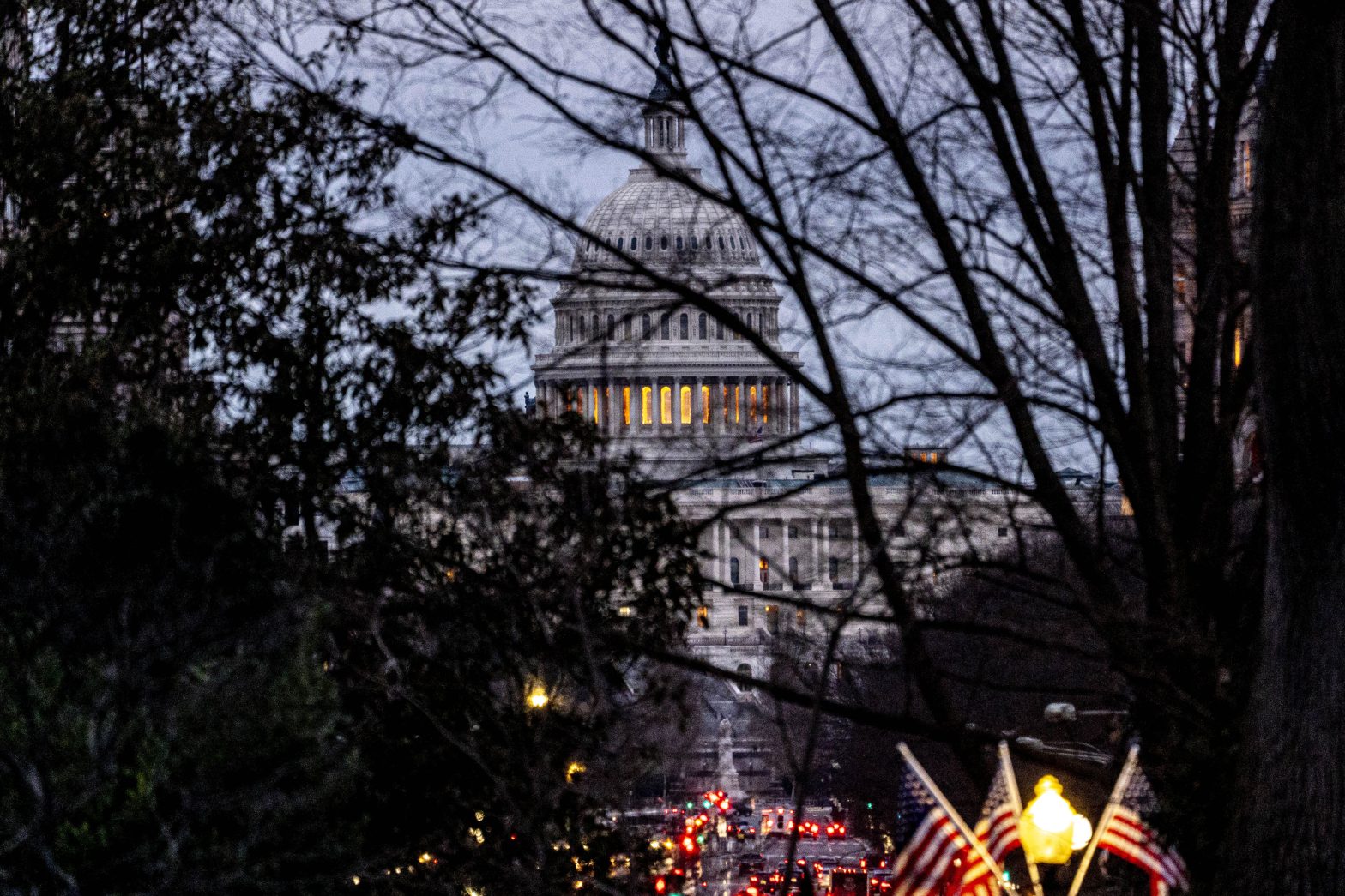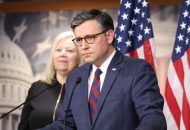New Poll Results Show Americans Are Concerned About Political Division and What Can Be Done to Fix It
COMMENTARY

As we head into this election year with a likely rematch between two relatively unpopular candidates, it may seem political divisions are higher than ever.
Many controversial issues like immigration, taxes and debate over foreign aid dominate the news, so much so that many Americans may think that we are farther now from finding consensus than ever before.
While some may feel hopeless about finding bipartisan solutions to some of these problems soon, recent poll results show that does not need to be the case.
In fact, according to the latest Battleground Civility Poll by Georgetown University and sponsored by American Policy Ventures, 66% of voters prefer a politician who works with others to get things done, even if that means compromising on some of their values, over ones who remain rigid on their ideals and refuse to compromise.
Politicians often act as if this is not the case, digging their heels in the ground in negotiations out of fear there will be some blowback among their electorate if they compromise.
However, it turns out voters don’t always see stubbornness as admirable but instead see it as an impediment to any legislation making its way out of Congress that may actually benefit their families, businesses, local communities and overall well-being.
A serious pressure point for Americans right now is the economy. With a lot of economic uncertainty weighing on voters’ minds, it’s important that policies are pragmatic enough to benefit everyone.
That’s easier said than done, but the poll shows voters support their lawmakers finding the best solution, even if it’s outside their typical political position or campaign promise. This is particularly true for economic issues like dealing with the national debt, reforming health care, counteracting inflation, and providing tax credits for small businesses and families.
Climate change mitigation is a historically partisan subject, as many lawmakers on both sides of the aisle feel that they must stand their ground on this issue lest they lose critical support from voters.
Still, results show that this isn’t true.
Fifty-five percent of respondents indicated they would rather their elected officials make some concessions on their values when it comes to dealing with climate change to reach a solution rather than have their representative put their foot down and risk any potential for compromise.
Artificial intelligence regulation, as well as crime and public safety policies, are other areas in which results show lawmakers can and should freely work together.
These issues are newsy and may seem highly political, but the reality is that voters want to see collaboration in this area. Addressing border security, dealing with crime — you name it.
Voters’ consensus overwhelmingly leans towards supporting an elected official who says a deal is better than none.
Frustration and concerns about our policymakers being able to work together appear to be driving voters’ preference for favoring compromise and dealmaking, even if imperfect.
Our polling asked respondents to rate the current political climate on a scale of zero to 100, where zero is no divide and 100 is the brink of a civil war. The average rating was 70.85.
The bandage to heal this enormous wound?
Leaders from different parties working together. These results prove what we already knew: We need more bipartisan collaboration to combat rampant hyperpolarization.
Lawmakers often fear voter backlash for any effort to compromise, but the evidence points to a different outcome. Voters are tired of the games and are backing efforts to find consensus in Washington.
This is particularly important during an election year, when politicians may feel pressured to reject any bipartisan effort for increased approval. However, this tactic may backfire and hurt them come November.
Our leaders would be wise to remember that voters would not only tolerate compromise on our nation’s most pressing issues; they would prefer it.
Liam deClive-Lowe and Paolo Mastrangelo are the co-founders and co-presidents of American Policy Ventures, an organization that builds projects to help policymakers work together and get things done. APV can be reached here.























